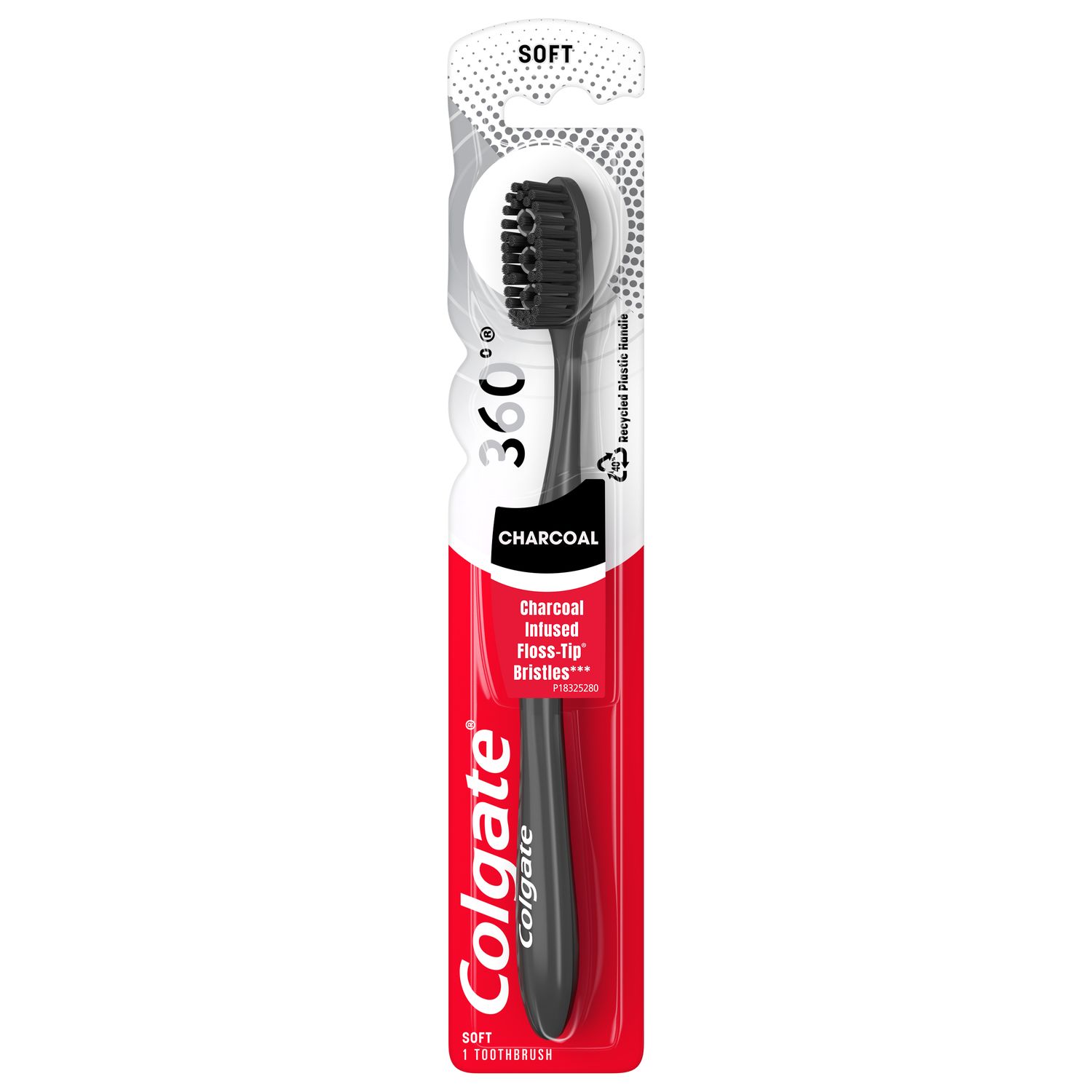What Do Itchy Gums Mean?
Itchy gums are generally a sign that something is irritating your gum tissue. That could be bacteria, allergens, or even a new toothpaste. Luckily, it’s very rare that there’s a serious cause behind itchy gums, and in most cases the treatment is very simple.
Why Do My Gums Feel Itchy?
The main causes of itchy gums are plaque build-up, gum disease, allergies and surgery. Let’s take a look at each of these in more detail.
1. Plaque Build-Up
A common cause of itchy gums, plaque is a sticky film that can build up on your teeth and around your gum line. It contains lots of bacteria, which produce acids that can irritate the gums. So if you have lots of plaque and your gums are itchy, these germs could be the culprits.
The more plaque you have, the higher your chances of having cavities and gum disease. Like most oral care issues, brushing twice a day, flossing daily, and seeing a dental professional twice a year will help eliminate plaque and the risk of itchy gums.
2. Gum Disease
If plaque is left to accumulate up over time, it can lead to an infection of the gums known as gingivitis, or early gum disease. Itching can happen as part of the immune response that tries to fight this infection.
In this case, the itching will seem insignificant to the swelling and bleeding associated with gum disease. Fortunately, thorough deep cleaning from a dental professional and regular oral care at home, including a daily antiseptic mouth rinse, should help alleviate the itching and prevent gum disease from returning.
3. Allergies and Sensitivities
If you’re allergic to something, you experience an exaggerated immune response whenever you come into contact with it. Itching is part of this response, which is why people with allergies often experience itching of the eyes, nose and skin. Your gums are no different; in people with oral allergy syndrome, allergens like pollen, tree nuts, and some foods can cause itchy gums and other allergy symptoms, like a scratchy throat and swollen lips.
You don’t have to have an allergy to experience an uncomfortable reaction, though. If you’re sensitive to certain foods, drinks, or oral care ingredients, you might experience itchy gums when you consume or use them. And certain ingredients, like alcohol or harsh chemicals, can irritate and inflame your gums and make them itch, too.
Your dentist can recommend certain oral care products with ingredients that won’t irritate your gums and mouth, while a medical doctor can diagnose any allergies so you know what to avoid in the future.
4. Surgery
It's not uncommon for your gums to itch after having your wisdom teeth removed. Rinsing with salt water could help, but speak with your dentist if that doesn't do the trick. The last thing you want to do is scrub and scratch anywhere near the location of your surgery, as it could disrupt your healing process.
How to Treat Itchy Gums
The best treatment for itchy gums will depend on the cause. If plaque or gum disease is causing you discomfort, improving your oral hygiene will help greatly. Adding an anti-plaque toothpaste and an alcohol-free, antiseptic mouthwash will help to kill bacteria and soothe irritated gums. If that doesn’t work, or your gum disease is more advanced, ask your dentist about professional treatments.
If you suffer from allergies, antihistamines can help to dampen the immune response and bring you some relief from itchy gums. It’s also worth looking at your oral care products to see if any of the ingredients are known to cause irritation.
Try to avoid the following, as they can make itchy gums even worse:
Smoking or vaping.
Alcohol.
Spicy or acidic foods.
Chances are plaque and/or gum disease are the culprits causing your itchy gums. And if that's the case, a good oral care routine will drastically improve your situation and squash the itch. If your itchy gums don’t improve or keep coming back, check in with a dental professional so they can properly examine your gums and teeth. They'll be itching to get to the bottom of your itch as well.
This article is intended to promote understanding of and knowledge about general oral health topics. It is not intended to be a substitute for professional advice, diagnosis or treatment. Always seek the advice of your dentist or other qualified healthcare provider with any questions you may have regarding a medical condition or treatment.
ORAL HEALTH QUIZ
What's behind your smile?
Take our Oral Health assessment to get the most from your oral care routine
ORAL HEALTH QUIZ
What's behind your smile?
Take our Oral Health assessment to get the most from your oral care routine















